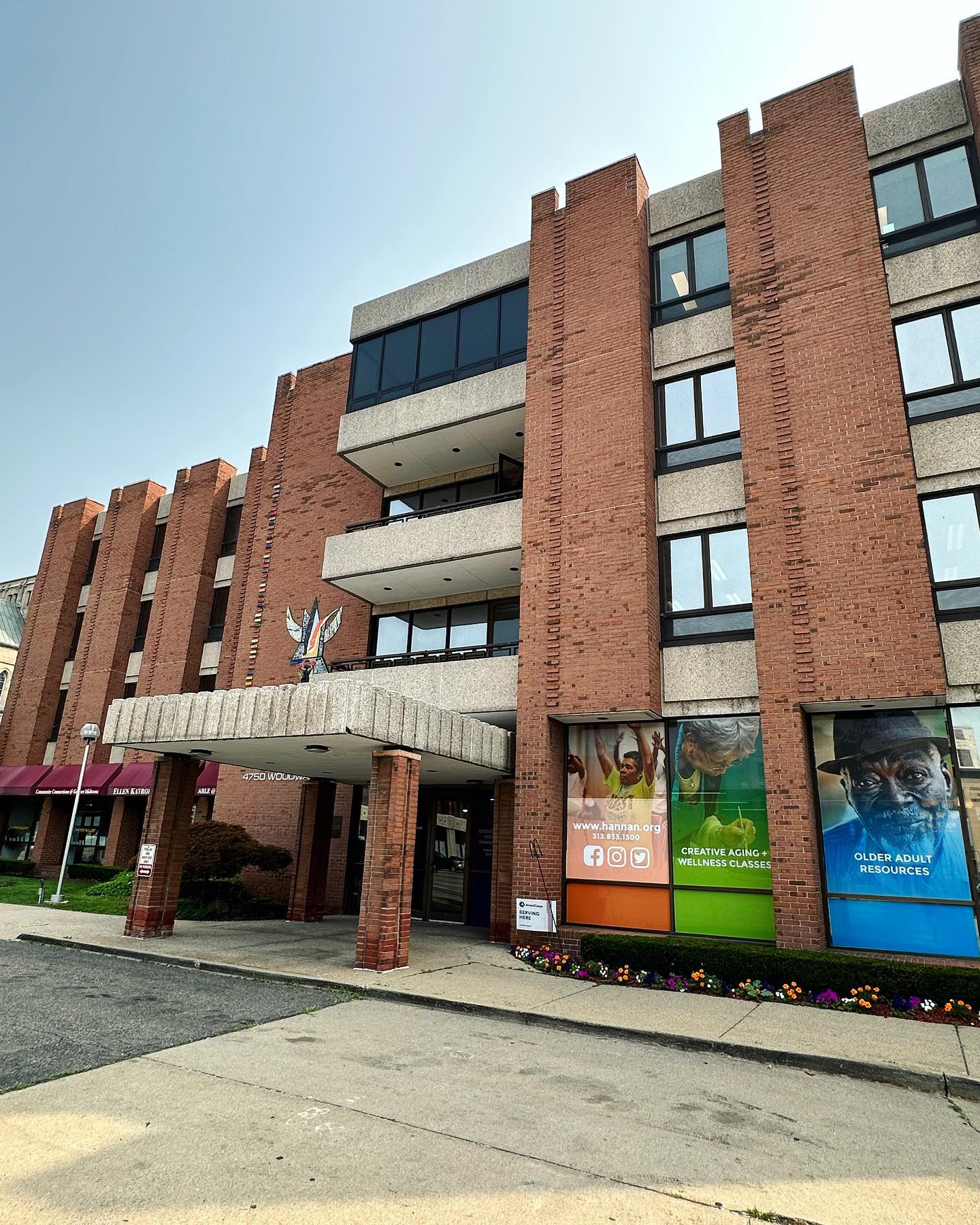Hannan Center Combats Senior Isolation and Depression
As people enter their 60s, 70s and beyond, they can often feel overlooked in their communities – and it can have a major impact on their mental health. In fact, according to the National Institute on Aging, studies show that social isolation and loneliness are linked to higher rates of depression in this age group. The issue is so critical and under-recognized that the U.S. Surgeon General felt compelled to declare loneliness and isolation a national epidemic earlier this year.
This epidemic is perhaps most represented by the older generation – something the folks at the Hannan Center, which is part of the Luella Hannan Memorial Foundation, know well. Combatting isolation and improving the quality of life for senior men and women across the state has been its purpose since 1925.
“Our mission is to preserve the dignity and enhance the quality of life of older adults in Michigan,” says Melissa Draughn, director of social work at the Hannan Center. “All of our programming aims to help older adults age as creatively and independently as possible.”
Programs include mental health counseling, case management and a weekly telephone reassurance program to combat isolation. Those with dementia can attend DayBreak, an adult day center. In addition, the Americorps program, My Neighborhood Connections, provides social work services to help older adults age in place.
Years ago, Draughn says, to focus even more on the mental health of older adults, the Hannan Center applied for a grant from the Flinn Foundation to help establish its mental health counseling program, Active Connections. Active Connections is an eight-week program where a senior works with a social worker to discuss problems that could be negatively affecting their life, set goals for the future and help identify ways to connect to others. The goal is to help improve coping skills and provide emotional support for seniors with depression, anxiety and social isolation.
“There is still a stigma related to mental health and it can be difficult for people to reach out for help,” Draughn says.
The program is free, and seniors can conduct their sessions over the phone for greater convenience and increased access.
Draughn says that while isolation and depression among the senior population has always been an issue, the pandemic has made it more pronounced – even years later.
“It isolated a lot of people, older adults in particular, and it is important not to overlook the effect that has on mental well-being.”
She hopes that the Hannan Center can continue its mission to provide resources, support and companionship to the senior community for another 100 years.

